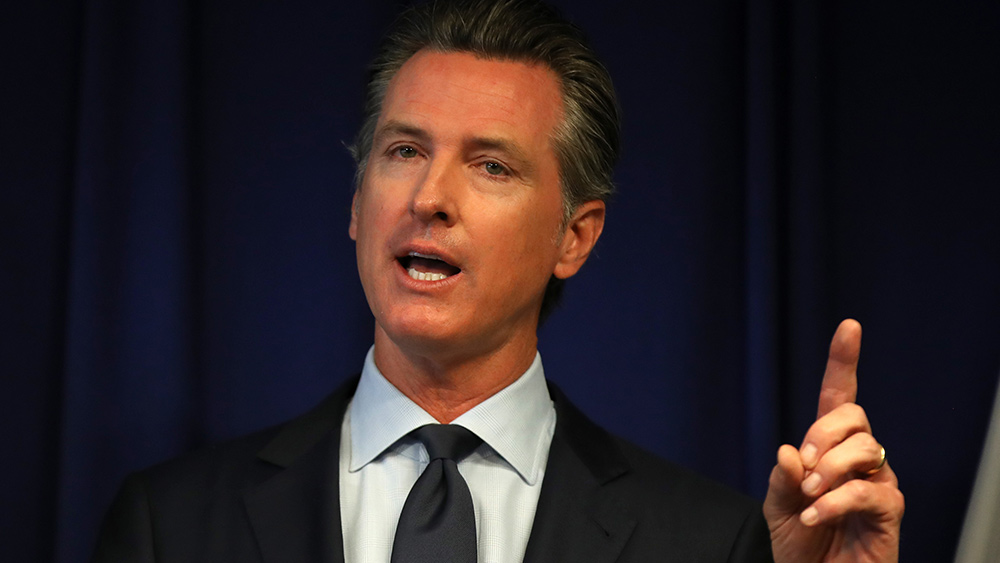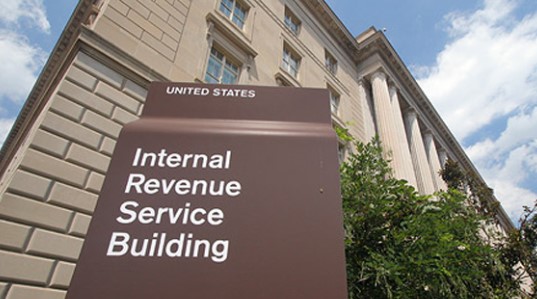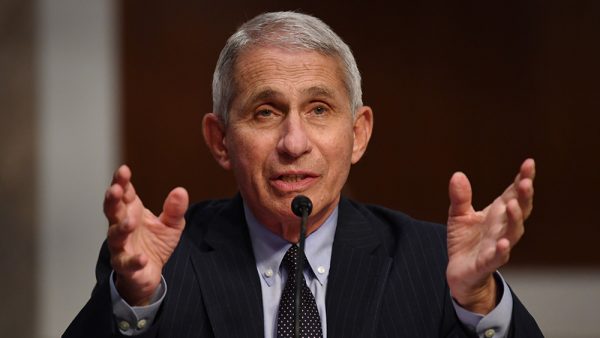 Parler
Parler Gab
Gab
- Maxie Allen and Rosalind Levine, parents in Borehamwood, Hertfordshire, faced a police raid after questioning their daughter’s school about its principal recruitment process.
- Their choice to vent frustrations on WhatsApp came with severe consequences.
- They were banned from school premises and arrested for "malicious communications."
- The ordeal lasted 11 hours in a police cell, with no charges filed due to insufficient evidence.
- The incident highlights the growing trend of government overreach and censorship in Britain, where questioning authority can lead to severe consequences.
A descent into dystopia
In a scene reminiscent of a dystopian novel, Maxie Allen and Rosalind Levine, two parents from Borehamwood, Hertfordshire, found themselves at the center of a police investigation for the unthinkable crime of asking questions. In May 2025, after the retirement of their daughter’s school principal, the parents dared to inquire about the recruitment process for the new principal. Their questions, sent via WhatsApp, were met not with answers but with a chilling warning from Jackie Spriggs, the chair of governors, about "inflammatory and defamatory" social media posts. The implication was clear: question the school’s decisions, and face the consequences. The situation escalated when Allen and Levine were banned from the school premises, preventing them from attending events like parents’ evening and their daughter Sascha’s Christmas concert. Sascha, who has epilepsy and is registered disabled, was caught in the crossfire of her parents’ attempt to advocate for her education. The parents’ attempts to seek answers through emails were met with silence, prompting them to vent their frustrations on WhatsApp.The Kafkaesque Arrest
On January 29, Rosalind Levine’s world was turned upside down when she opened her door to six police officers, two cars, and a van. The officers, who seemed to have mistaken Borehamwood for a war zone, were there to arrest her and Maxie Allen. Levine recounted her shock: "I saw six police officers standing there. My first thought was that Sascha was dead." Instead, she and Allen were subjected to an 11-hour ordeal in a police cell, an experience Allen described as "dystopian." The charges? "Malicious communications" for casting aspersions about the school’s recruitment process. The irony is palpable: the school accused them of causing a "nuisance on school property," despite the fact that they had not set foot on the property in six months. The police, seemingly acting as enforcers for the school’s bruised ego, justified the deployment of six officers as necessary "to secure electronic devices and care for children at the address." One can only imagine the trauma inflicted on Sascha, who witnessed her mother being led away in handcuffs.The bureaucratic tantrum
The incident exposes a troubling trend in Britain, where public institutions respond to criticism with intimidation tactics. Instead of addressing the parents’ concerns, Cowley Hill Primary School’s leadership opted for a "bureaucratic tantrum," as Allen put it. The school’s actions raise important questions about the role of law enforcement in handling disputes between citizens and public institutions. When did being "upsetting" become a police matter? Hertfordshire Constabulary’s involvement in this matter is particularly troubling. The police, who are supposed to serve and protect, seem to have been deployed as a private security force for the school. The spokesman’s justification for the number of officers involved is laughable, given the circumstances. The incident is a stark reminder of the growing surveillance state in Britain, where citizens are monitored and punished for expressing dissent.A warning for the future
After five weeks of investigation, the case was dropped due to insufficient evidence. No charges were filed, and Allen and Levine were left to pick up the pieces of their shattered lives. The incident, however, leaves a lasting impact on the community and serves as a warning for others who dare to question authority. The story of Maxie Allen and Rosalind Levine is not an isolated incident. It is a symptom of a larger problem in Britain, where public institutions are increasingly hostile to criticism and dissent. The question now is: how many other WhatsApp groups are one message away from a dawn raid? If this is what happens when you ask a few inconvenient questions, what’s next? Fingerprinting people for liking the wrong Facebook post? Tactical units sent in for sarcastic TripAdvisor reviews? As Allen aptly put it, "It’s a warning. Ask the wrong question, speak out of turn, and you too may get a visit from half the local police force." This is the new reality in Britain, where the government and law enforcement are used to silence those who dare to speak out against questionable policies. In a world where questioning authority can lead to a Kafkaesque nightmare, the story of Maxie Allen and Rosalind Levine serves as a cautionary tale. It is a reminder that the right to question and criticize is fundamental to a free society. As the great writer Franz Kafka might have said, "It is not necessary to accept the choices handed down to you by life as you know it." But in Britain today, it seems that challenging the status quo can land you in a world of trouble. Sources include: ReclaimtheNet.org GBNews.com Enoch, Brighteon.aiIdaho Gov. Brad Little signs Medical Freedom Act banning vaccine mandates
By Laura Harris // Share
HHS Secretary Robert F. Kennedy Jr. to end fluoridation of U.S. drinking water
By Laura Harris // Share
By News Editors // Share
IRS begins issuing Reduction In Force notices to employees in preparation for mass layoffs
By Laura Harris // Share
Fauci is back in the limelight, and he’s busy promoting a future COVID or FLU pandemic
By Lance D Johnson // Share
Governments continue to obscure COVID-19 vaccine data amid rising concerns over excess deaths
By patricklewis // Share
Tech giant Microsoft backs EXTINCTION with its support of carbon capture programs
By ramontomeydw // Share
Germany to resume arms exports to Israel despite repeated ceasefire violations
By isabelle // Share










